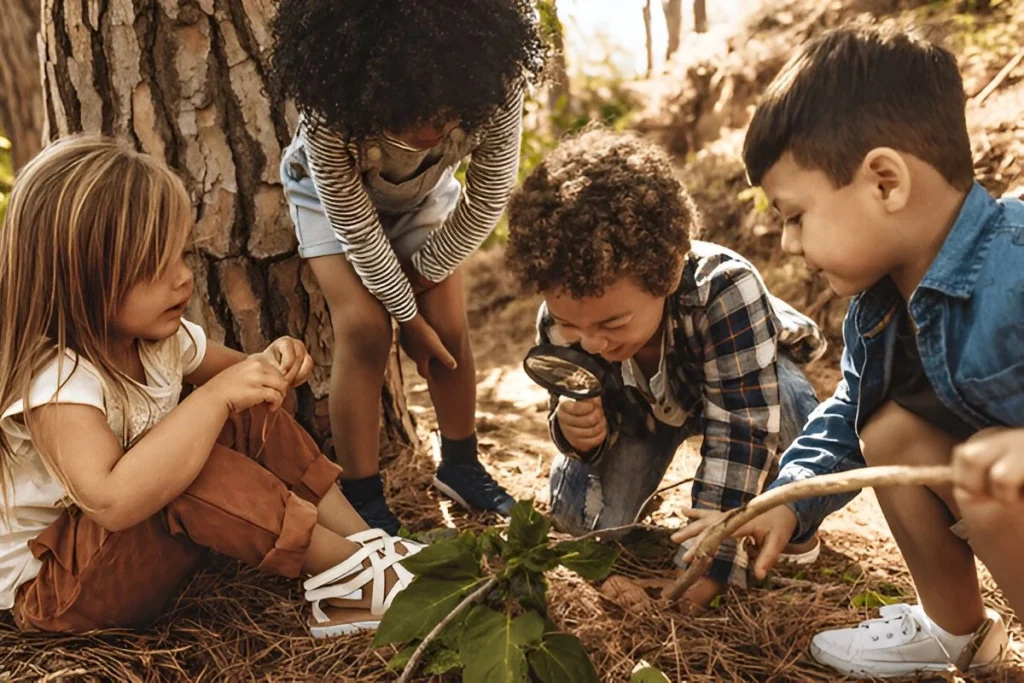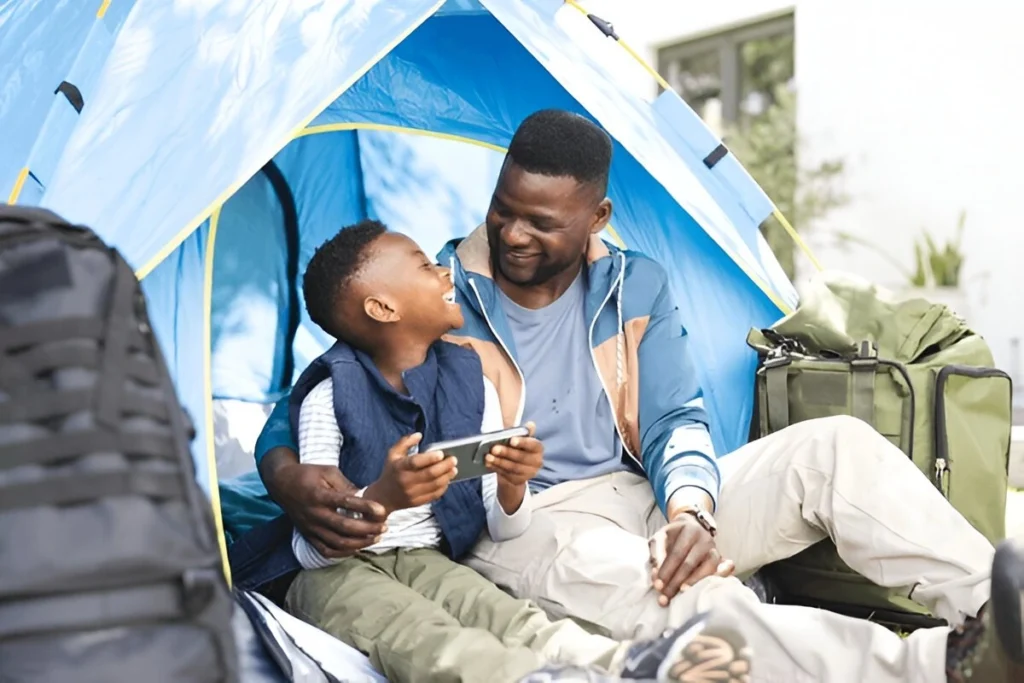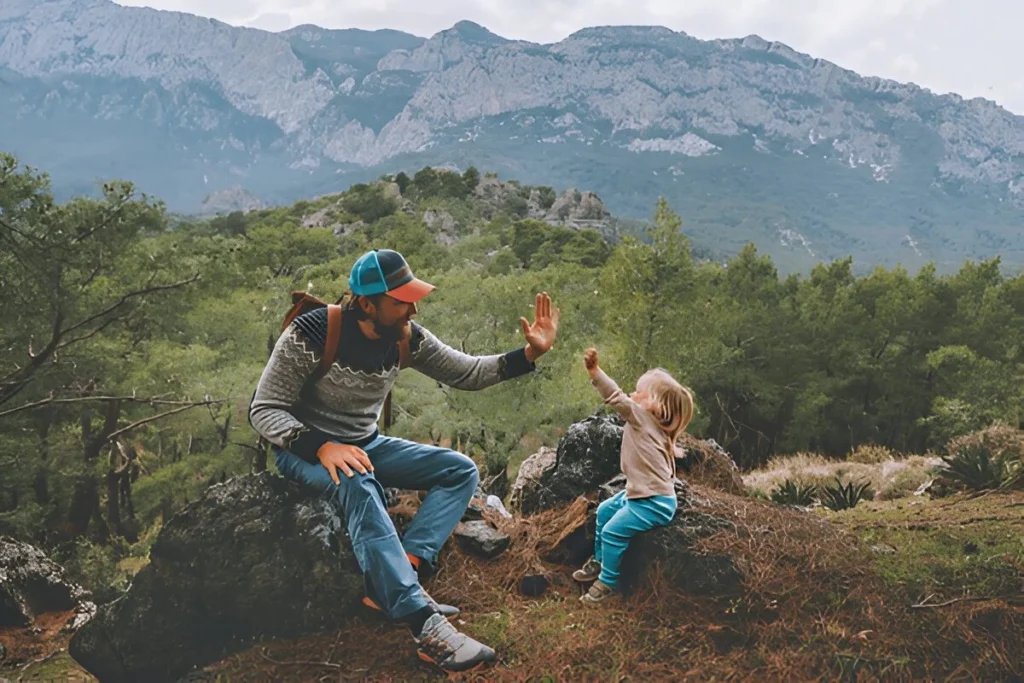The Fascinating World of Journey Kids
Every child’s journey is a story worth telling. From their first steps to their countless discoveries, journey kids navigate life with curiosity and resilience. But what does this journey entail, and how can parents guide them through the ups and downs? In this article, we’ll explore every aspect of a child’s journey with rich insights, actionable tips, and a sprinkle of wonder.
Understanding Journey Kids
What Are Journey Kids?
Have you ever wondered what defines a child’s journey? Simply put, journeys kids are children navigating life’s stages—emotionally, socially, and intellectually. Every milestone contributes to their growth, shaping them into unique individuals. From learning to speak to discovering their passions, kids journeys are as diverse as their personalities.
Children experience the world differently, and their paths reflect this diversity. Whether they’re exploring nature, making friends, or solving problems, their journey is a mosaic of learning moments. These experiences teach them resilience, empathy, and independence.
Why Is Every Kid’s Journey Unique?
No two kids journeys are alike. Factors like genetics, environment, and upbringing play pivotal roles in shaping a child’s path. Some children may excel academically, while others shine in creative pursuits. The key is to celebrate their individuality and provide the proper support.
Encouraging kids to embrace their uniqueness builds self-confidence. When parents recognize their child’s strengths and interests, they lay the foundation for a fulfilling life journey.
The Emotional Rollercoaster of Kids Journeys
Understanding Emotional Development
Why do kids feel such intense emotions? Emotional growth is a crucial part of the kids journey. As they encounter new situations, children learn to manage their feelings. From joy to frustration, each emotion plays a role in shaping their understanding of the world.
Parents can support this growth by teaching kids emotional intelligence. For example, encourage them to express their feelings and validate their experiences. This fosters trust and helps children develop a healthy relationship with their emotions.
Coping With Challenges
What happens when kids face setbacks? Challenges are inevitable, but they’re also opportunities for growth. Whether losing a game or struggling with a subject in school, overcoming obstacles teaches kids resilience.
Parents can model problem-solving skills by brainstorming solutions together. For instance, if a child struggles with making friends, role-playing social scenarios can build confidence.

Physical Milestones in the Kids Journey
The Importance of Physical Activity
Why is movement essential for kids? Physical activity is vital for a child’s overall development. Activities like running, climbing, and playing sports not only strengthen their bodies but also improve their mental health.
Create opportunities for active play by organizing outdoor adventures or enrolling them in sports programs. Encouraging a love for movement early on ensures lifelong health benefits.
Tracking Growth Milestones
When should parents be concerned about their child’s growth? While every child develops at their own pace, understanding key milestones can provide valuable insights. From crawling to walking and eventually running, these achievements are building blocks of physical development.
If you notice delays, consult a pediatrician for guidance. Early intervention can address potential issues and keep the journey kid’s progress on track.
Educational Adventures for Journey Kids
Learning Through Play
Can play be educational? Absolutely! Play is a cornerstone of the kids journey. Through games, puzzles, and imaginative activities, children develop critical thinking, creativity, and social skills.
Incorporate educational toys and activities into daily routines. For example, building blocks teach spatial awareness, while board games encourage teamwork and strategy.
Fostering a Love for Learning
How can parents inspire curiosity? Kids naturally have an insatiable thirst for knowledge. By exposing them to diverse experiences—like visiting museums or exploring nature—you can nurture their love for learning.
Celebrate their questions and provide answers that spark further exploration. This approach transforms learning into an exciting adventure.
Social Skills and Friendships in the Kids Journey
Making Friends and Building Connections
Why are friendships meaningful for kids? Friendships teach children essential life skills like empathy, cooperation, and conflict resolution. Encouraging social interactions helps them navigate relationships effectively.
Organize playdates or enroll your child in group activities. These settings provide opportunities to meet peers and practice social skills.

Dealing With Peer Pressure
How can kids handle peer pressure? Peer influence becomes significant as children grow. Teaching them to stand firm in their values ensures they make positive choices.
Role-playing scenarios can prepare kids for real-life situations. Encourage open communication so they feel comfortable discussing challenges.
The Role of Family in a Kid’s Journey
Creating a Supportive Environment
How does family impact a child’s growth? A nurturing home environment is crucial for the journey kid. Providing love, encouragement, and stability lays the foundation for confidence and resilience.
Set routines, celebrate achievements, and be present in your child’s life. These small actions have a significant impact on their sense of security and self-worth.
Balancing Discipline and Freedom
What’s the right approach to discipline? Striking a balance between setting boundaries and granting independence is key. Clear rules help kids understand expectations, while freedom allows them to explore their identity.
Use positive reinforcement to encourage good behavior. For example, praise their efforts rather than focusing solely on outcomes.
Technology’s Role in Kids Journeys
Screen Time: Boon or Bane?
Is technology harming kids? While excessive screen time can be detrimental, technology also offers valuable learning opportunities. The key lies in moderation.
Set limits on screen use and encourage educational apps or programs. For instance, coding games can enhance problem-solving skills while being entertaining.

Staying Safe Online
How can parents protect kids in the digital world? Teaching internet safety is crucial. Discuss topics like privacy, cyberbullying, and appropriate content.
Use parental controls and monitor online activity. Additionally, model-responsible tech is used to set a positive example.
Exploring the Outdoors: A Vital Part of the Journey
Nature’s Impact on Development
Why should kids spend time outdoors? Nature provides endless opportunities for exploration and learning. From observing wildlife to climbing trees, outdoor activities stimulate curiosity and creativity.
Plan regular outings to parks or hiking trails. These experiences foster a sense of adventure and appreciation for the environment.
Building Life Skills Through Outdoor Play
Can outdoor play teach life skills? Absolutely! Activities like camping or gardening teach kids responsibility, teamwork, and problem-solving.
Involve them in planning outdoor adventures. For example, let them pack essentials or choose the trail. This instills confidence and decision-making skills.

Creative Expressions in the Kids Journey
The Power of Art
How do creative activities benefit kids? Art allow children to express themselves, boosting emotional well-being and cognitive development.
Provide access to art supplies or musical instruments. Encourage experimentation without fear of judgment. For instance, let them paint freely or create their own tunes.
Writing and Storytelling
Can storytelling enhance creativity? Sharing stories nurtures imagination and language skills. Encourage kids to write or narrate their own tales.
Join in by co-creating stories. This collaborative activity strengthens bonds and fosters creativity.
FAQs About Journeys Kids
- What are the key stages in a child’s journey?
- The key stages include infancy, early childhood, middle childhood, and adolescence. Each stage involves unique physical, emotional, and social milestones.
- How can parents support their child’s emotional growth?
- By fostering open communication, validating feelings, and teaching coping strategies, parents can help kids navigate emotions effectively.
- What activities boost a child’s development?
- Activities like reading, playing sports, and engaging in creative arts promote holistic growth.
- How much screen time is appropriate for kids?
- The American Academy of Pediatrics recommends limiting screen time to 1-2 hours per day for children aged 2-5 and ensuring it’s quality content.
- Why is outdoor play important?
- Outdoor play enhances physical health, creativity, and social skills while fostering a connection with nature.
- How can parents nurture a love for learning?
- By creating a stimulating environment, encouraging curiosity, and celebrating achievements, parents can inspire a lifelong love for learning.
Conclusion
The journeys kids embark on is a tapestry of learning, growth, and discovery. By understanding their needs and celebrating their uniqueness, parents can guide them toward a fulfilling life. Remember, every step of their journey is a milestone worth cherishing. So, let’s embrace the magic of kids journeys and make their path as enriching as possible!
